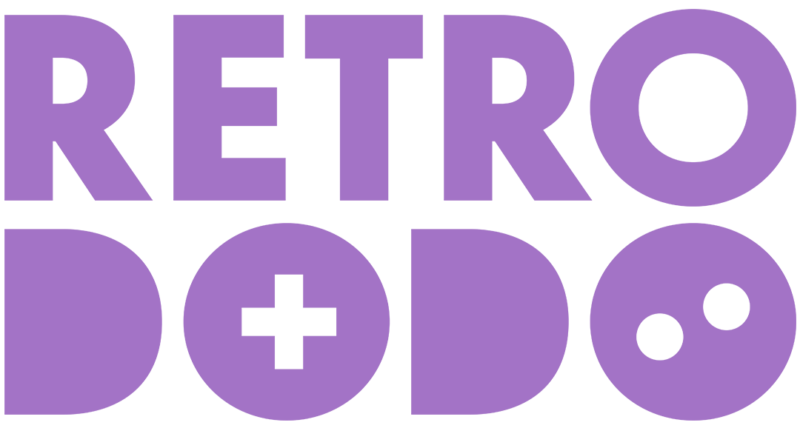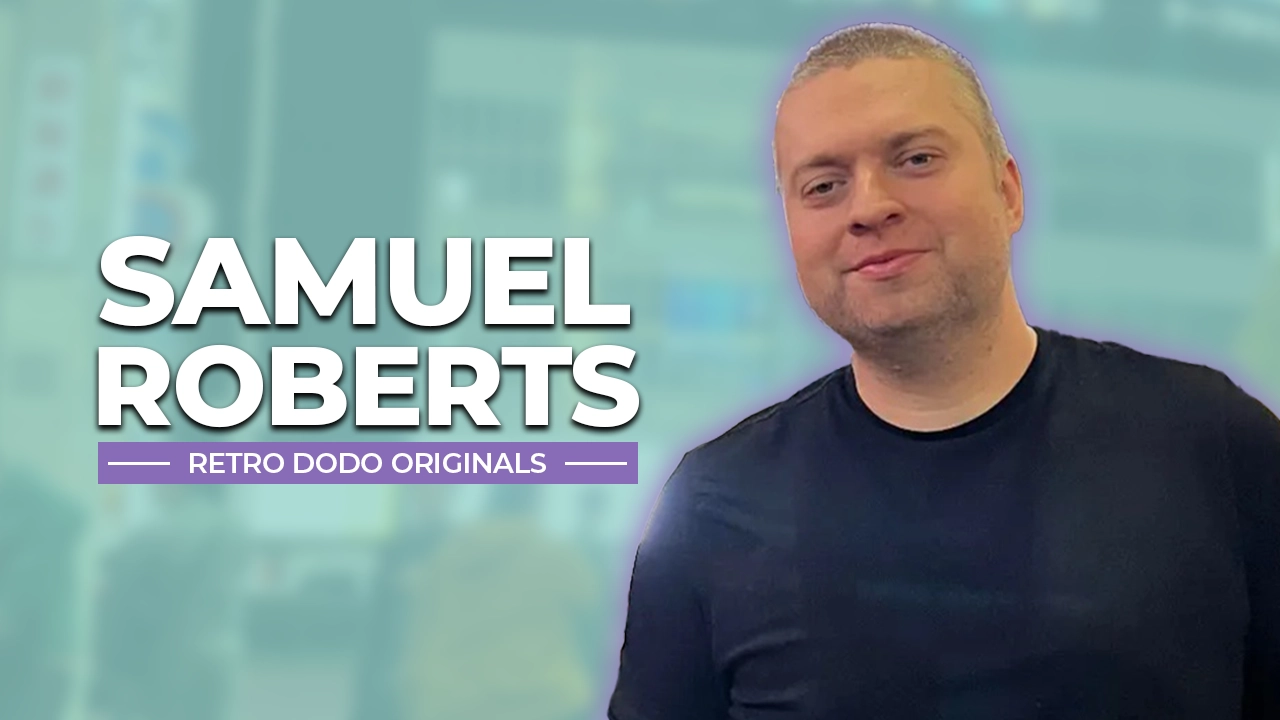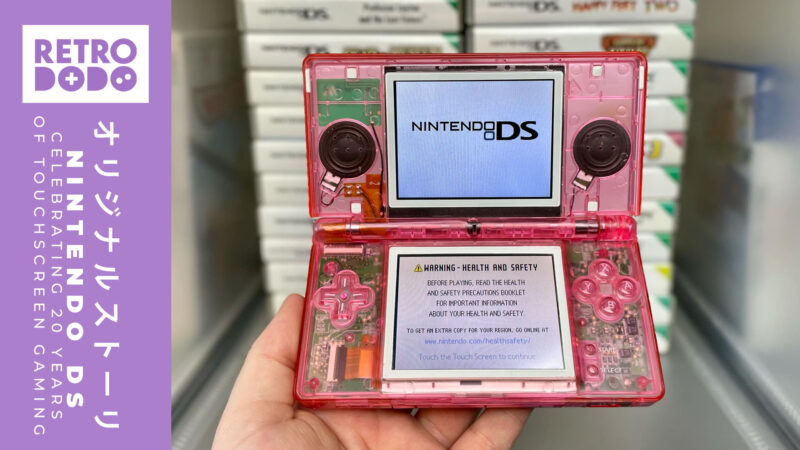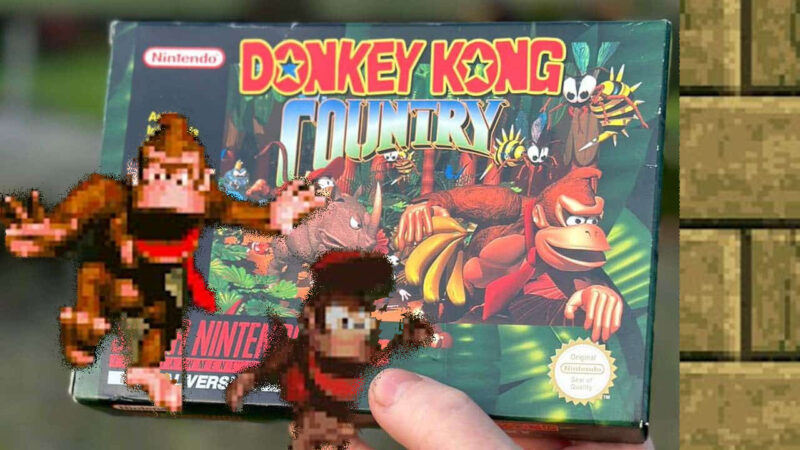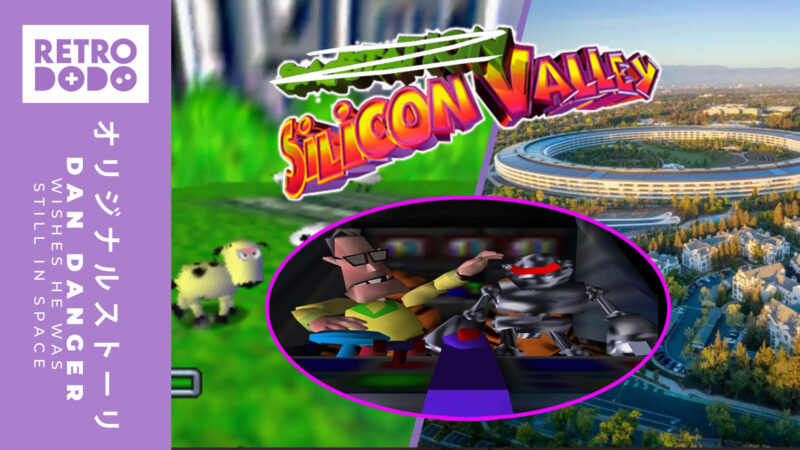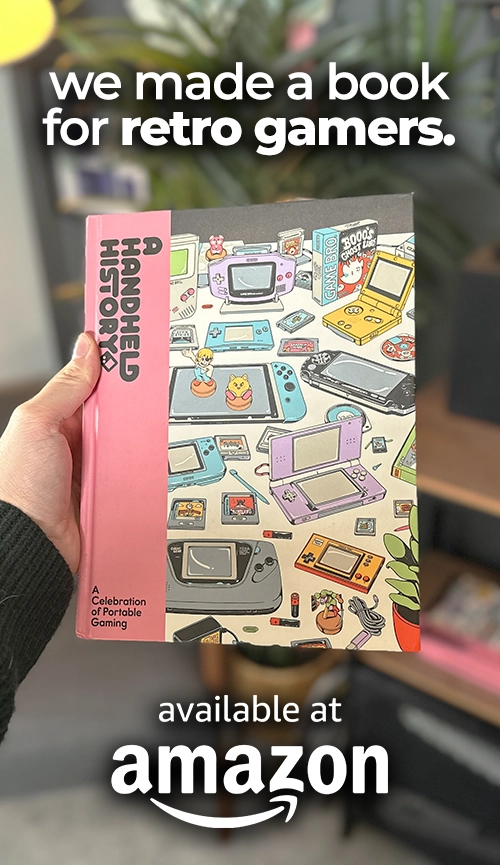If you read gaming magazines in the UK over the past fifteen years or so then there’s a decent chance you’ve read a review or feature from Let’s Talk Retro’s debut interviewee, Samuel Roberts.
Samuel began his career in games media when he joined Imagine Publishing in 2007 as a Staff Writer for Play Magazine. Samuel’s career developed rapidly at Imagine, eventually becoming the Editor of gamesTM magazine in 2013 before relocating to Bath to join Future Publishing as Editor of PC Gamer.
Since leaving games media at the tail end of 2021, Samuel has established himself within the world of video games PR.
Seemingly not content to talk about games during his working day, Samuel also co-hosts the successful Back Page Podcast alongside fellow games media figurehead Matthew Castle, and the pairs’ humourous, yet in-depth, discussions secured my pick for the best gaming podcast this year.
Samuel kindly gave up his time to talk about his life in games media, his favourite handhelds and how inviting guests onto his podcast isn’t that simple.
Table of Contents
Getting To Know Samuel Roberts
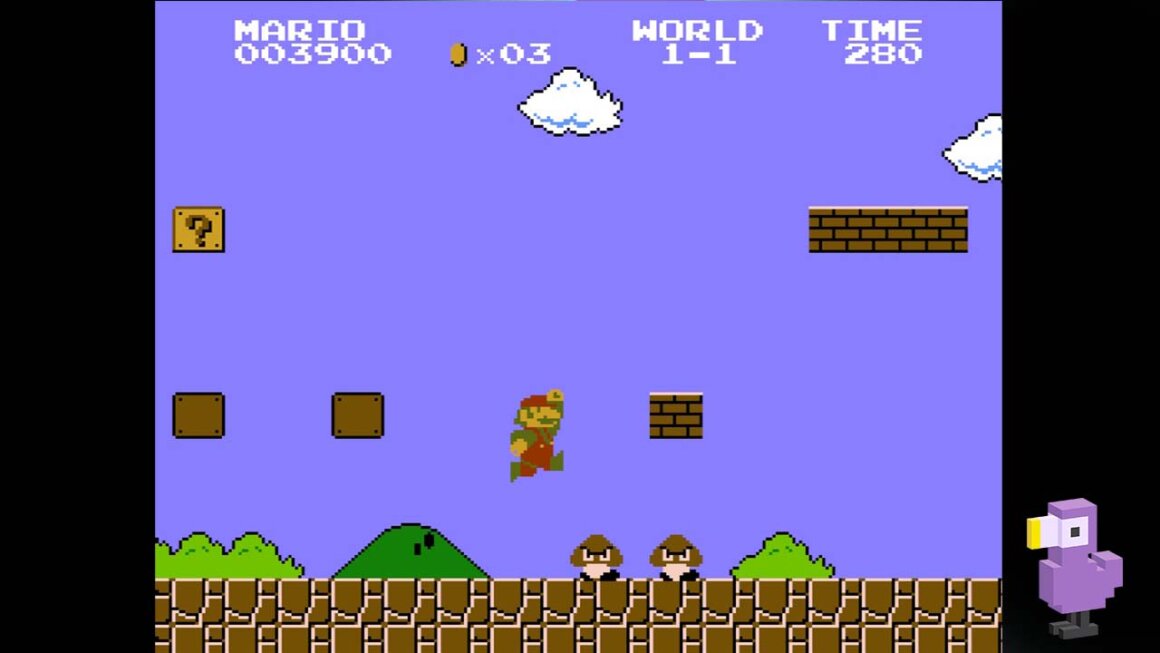
Retro Dodo: What is your earliest gaming memory?
Samuel Roberts: I have a very vague memory of watching my uncle play the original Sonic on a Mega Drive and another vague memory of Super Mario Bros being played at my mum’s friend’s house on NES.
I can’t recall being allowed to have a go on either, but maybe I’m wrong. The first game I actually played was either Kirby’s Dream Land on Game Boy or Mario is Missing on MS-DOS when I was about five. I’m not sure which one came first.
RD: What’s your favourite video game of all time and why?
SR: Final Fantasy X. It hit at the right moment when I was fourteen, and did for me what VII seemed to do for everyone else: just immerse me completely in its setting.
It’s built on such strong combat and progression systems, and I’ve never seen a fictional universe that’s anything like it elsewhere. It’s this vivid, tropical setting with no major cities, just picturesque islands and vast empty lands.
Plus, as with all FF games, the music is just incredible. It was the first game soundtrack I imported – at great expense, I might add, especially for someone working 20 hours a week in One Stop.
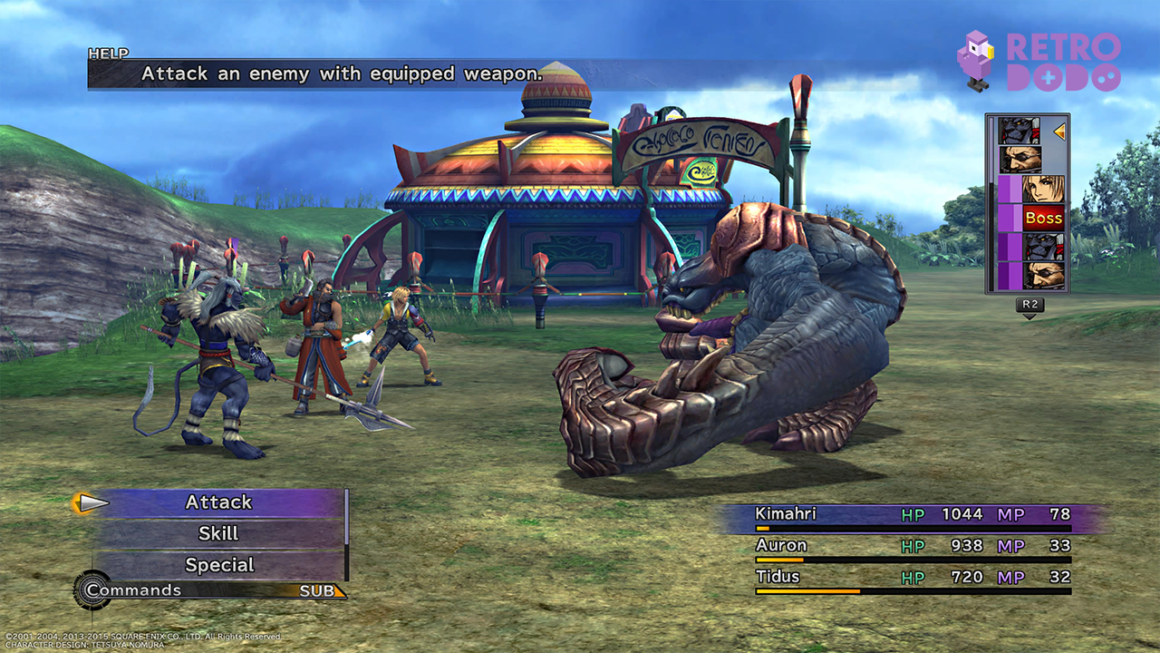
RD: If you had to pick one system to play for the rest of your life, which one would it be and why?
SR: I’d probably take an Xbox Series X, as the backwards compatibility feature is a portal into multiple eras of games I love. But I know that’s not exactly what you’re asking, so I’d go with the PS2.
Volume of games is on my side, and while I’ve finished most of the key games on Xbox 360, there are many more I haven’t touched on PS2. I just need a good HDMI setup so I’m getting progressive scan, then I can start working my way through all the RPGs I started but didn’t finish (Dragon Quest VIII, Rogue Galaxy, Dark Chronicle, countless Shin Megami Tensei games with ‘devil’ in the title).
Still, if I reach 80 years old and all I have left is the Little Britain tie-in game, perhaps I’ll regret my decision not to have Halo 3 and Fable 2 at my disposal.
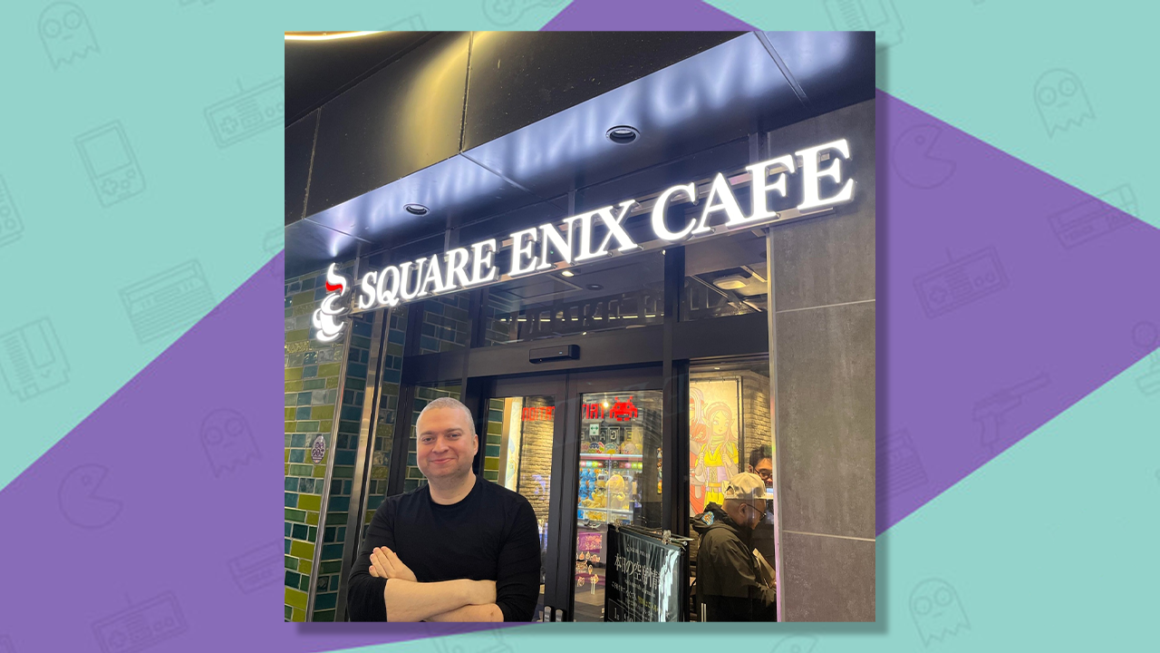
RD: What is your favourite video game soundtrack?
SR: I went through a serious Sonic CD phase in 2021 (it was the first time I’d finished it), and that soundtrack is still phenomenal all these years later.
It’s extremely rare that in a platformer, 70% of the game’s DNA is tied up in the soundtrack, but that’s absolutely the case with Sonic CD. It uses music to sell you on the idea of a setting where you’re time-travelling, which is quite a feat. It elevates this particular Sonic game to something slightly more adult and cool, even if the level design doesn’t quite match up to Sonic 2, 3 and Mania.
RD: What game are you unbeatable at?
SR: Sekiro: Shadows Die Twice is the only From game I’ve finished, and the only one I’ve mastered. It’s a game I can say I’m a genuine authority on, and I wear that as a badge of honour, which makes me a very cool guy.
Competitively, though? I’m rubbish. Though there was definitely a time where I mastered 007 Nightfire on PS2, mostly by using remote controlled exploding helicopters.
These days I can hold my own in Apex Legends, at least as much as anyone over the age of thirty-five can thrive in a first-person shooter populated primarily by teenagers.
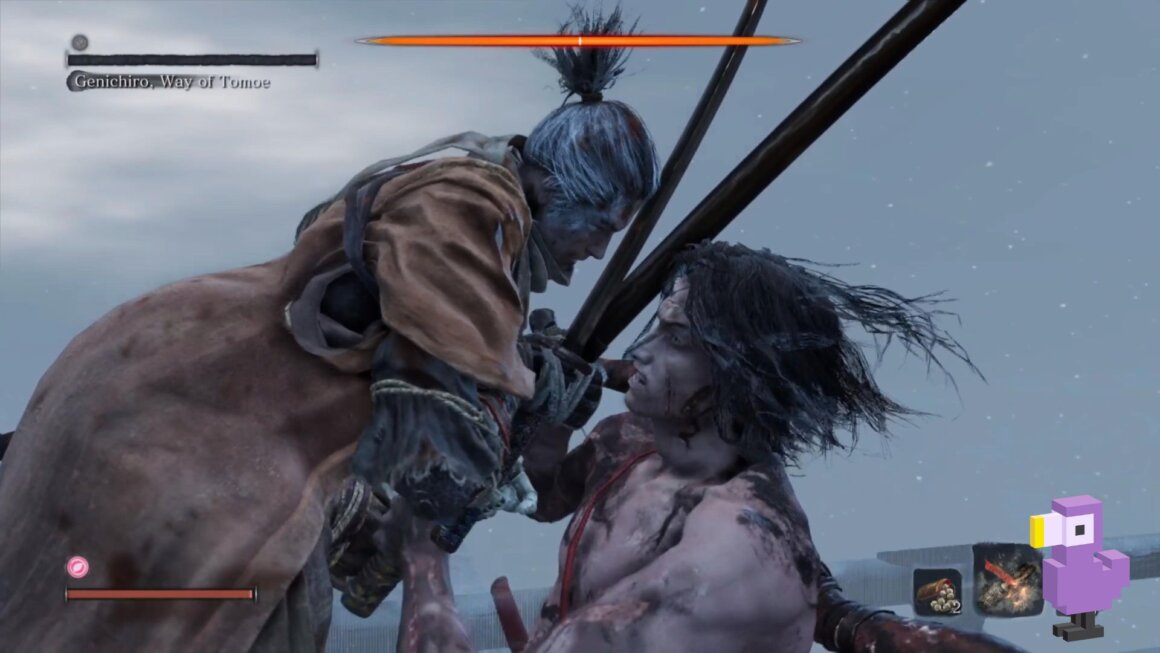
A Handheld History
RD: How do you like to play games when you’re out and about?
SR: I have a Steam Deck, Switch OLED, 3DS, Vita and PSP. I love them all, and feel I always get tons of value out of them, even if I’m mostly playing them in bed rather than out and about these days.
I’m weighing up getting the Analogue Pocket to enjoy the handful of GB carts I’ve held onto over the years (I’m much more of a DS/3DS collector – I think I have over one hundred cream-of-the-crop carts), but I haven’t taken the plunge yet.
I am enjoying this moment of more boutique-y handhelds and will probably end up with a Playdate at some point.
Thankfully, I talked myself out of buying a Game Gear in Bath CEX recently…but we can’t rule it out as a possibility in future if I’m having a bad day. I do like having a stack of different handhelds.
Games Media
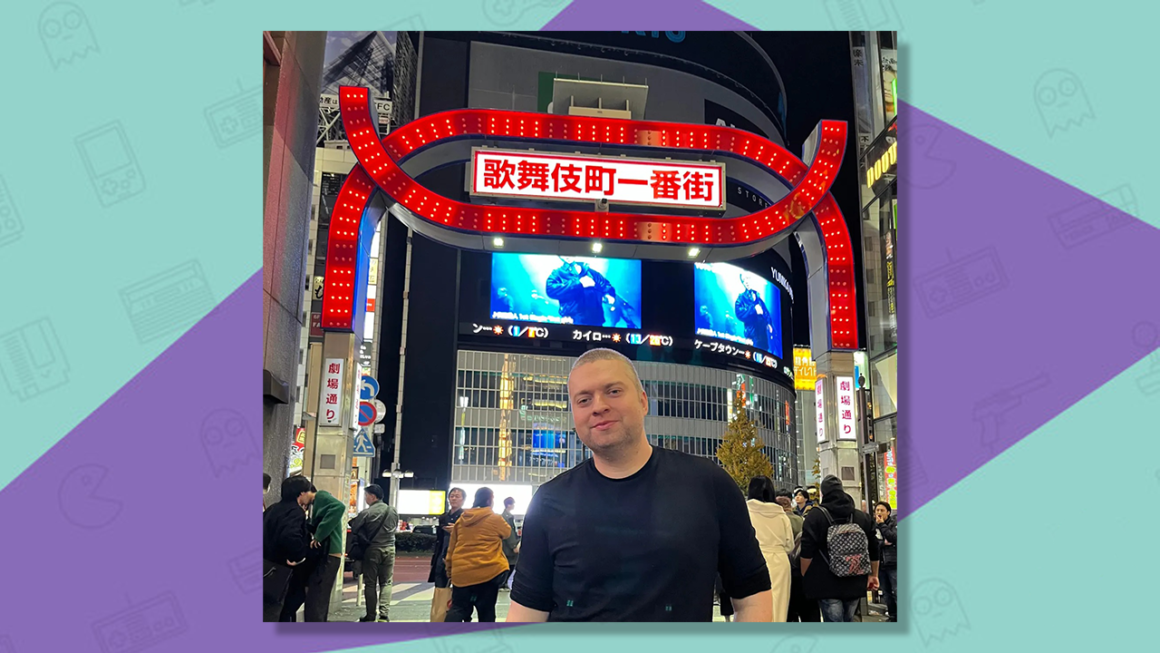
RD: What influenced you to pursue a career in games journalism?
SR: I was inspired by the idea that you could be smart or funny when writing about games. It’s what drew me to PC Gamer in the late ’90s, then some of the PlayStation mags in the PS2 era. I also enjoyed the idea that games could be interrogated in the way that Edge covered them in the ’00s, with this wider cultural lens that’s a dimension beyond seeing them as just toys or consumer products.
Before games media, I worked in a convenience store in my hometown, where I used to read games magazines during breaks on my shifts. I thought I had the makings of a distinctive critical voice, so I applied for a staff writer role and attached a (probably quite bad) review of Zone of the Enders: The 2nd Runner on PS2. I muscled out other candidates for the role because I actually read the magazine every month, which is what the hiring editor wanted to hear every time he asked me a question about it.
I’m not academically accomplished. I didn’t go to university. All I can really do is write, edit and store information, then occasionally sound smart in meetings. But that’s actually enough to get you pretty far in games media.
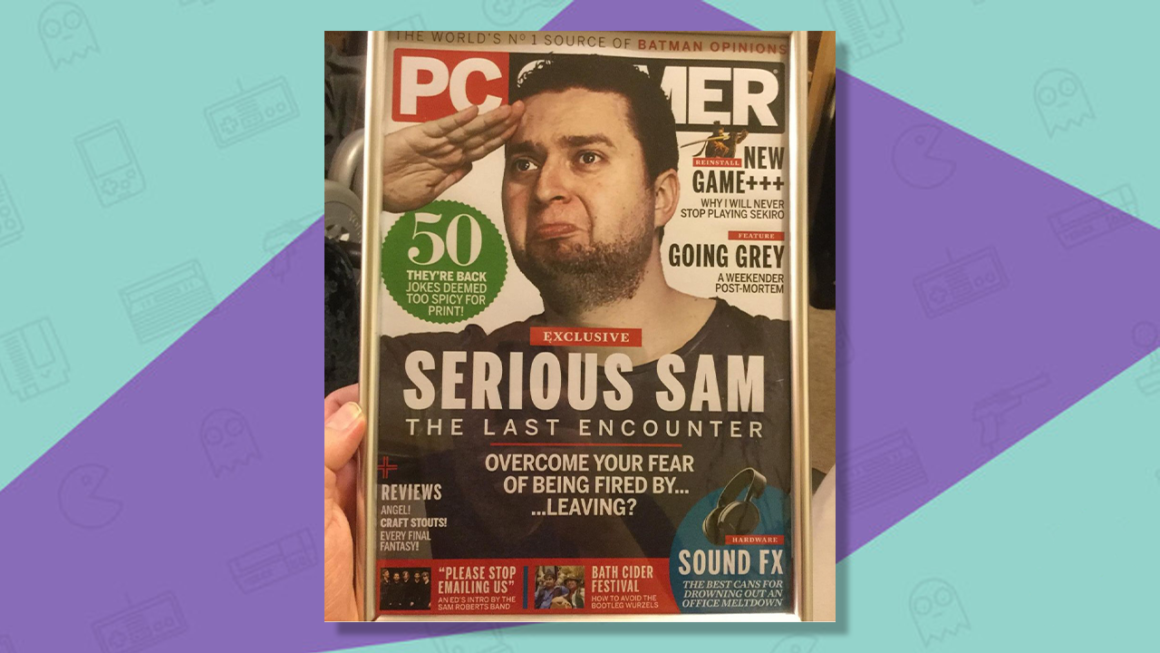
RD: You had a long and influential run in games media before transitioning into PR. What are you most proud of from that time?
SR: I don’t know if I’d call myself influential, and there’s more I would like to have achieved. I wish I’d had more hiring power and greater freelance budgets to bring newer voices into games media – I have little to show for my time in games media on that front. Other people I’ve worked with have done a much better job at that, and increasingly I feel like that’s the greatest legacy you can forge as an editor.
There are loads of things I’m proud of, though. I was part of PC Gamer when it transitioned from being this well-regarded print brand into a major single-format website. My contribution was small in the grand scheme of things, but it was that feeling of editorial values aligning that powered that site to its success. I loved working with that team. There was so much talent in one place
Further back, I loved being able to cover games during the 360 and PS3 era. While it was happening, I was slightly gutted I missed the PS2 generation, but in retrospect so many of my favourite games came along from 2005-2013, and it was nice to be part of the last generation of independent UK print outlets that covered that stuff.
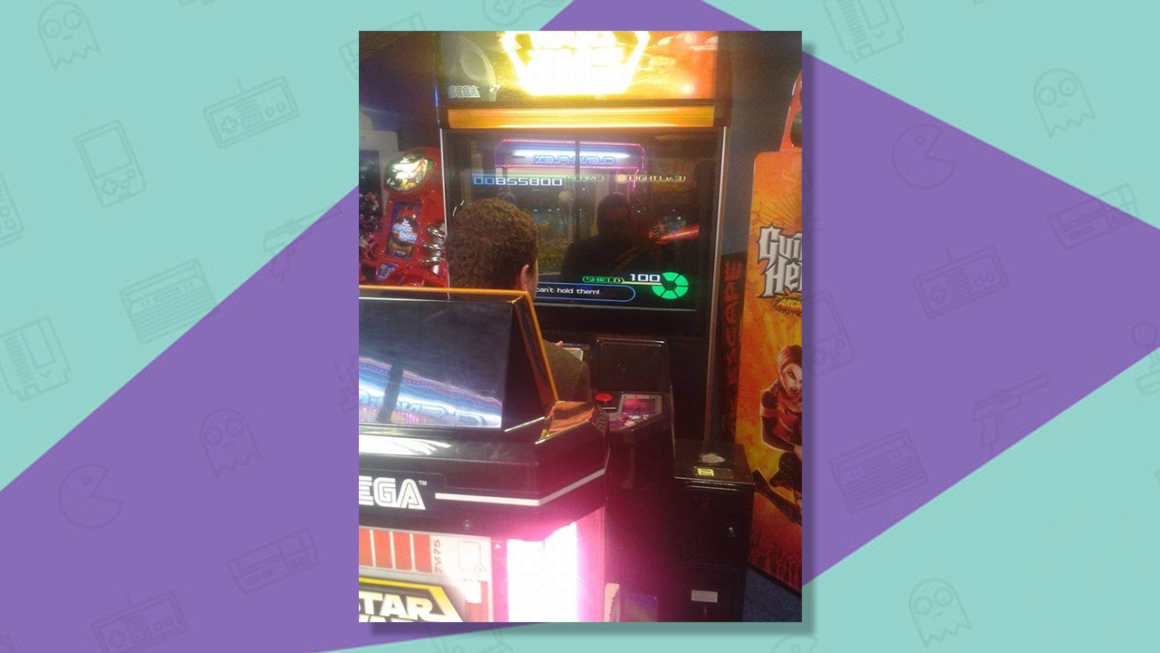
Bayonetta, Mass Effect, Uncharted, Fallout, The Orange Box, Halo, some intriguing Resi entries, Vanquish, Red Dead Redemption, GTA 4, XBLA titles…those years yielded so many classics. And most of them you could finish in a single weekend. I wasn’t the best writer – probably middle of the pack – but it was as interesting a time to write about games as the ’90s or early ’00s.
In some ways, I think surviving in the media is something I’m proud of. I used to get really frustrated when the occasional older games media writer (most of them are very nice, I should point out) would allude to the next generation being inferior to them, or lacking the same values somehow.
The energy it asks from you as a profession is a lot, and more than most people would be willing to give to a job. It’s why I respect anyone who sticks with it, and also why I understand when people move on.
I’ve banked many amazing memories from my years doing it; it also made me very tired. Those two feelings co-exist separately in my brain, like oil and water.
Developing Relationships
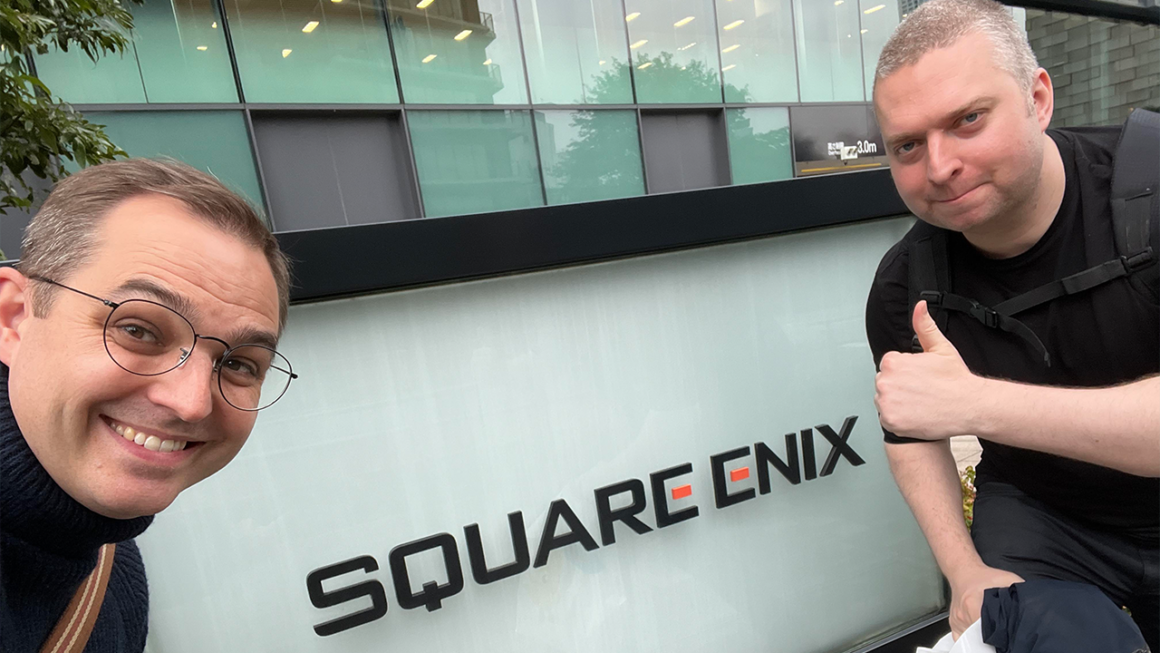
RD: Are there any game creators and/or developers you would love to meet?
SR: There are quite a few. The elite tier for me are all Square Enix folks. I’ve been lucky enough to meet Yoshinori Kitase, Tetsuya Nomura, Yuji Horii, Naoki Yoshida…I’d like to tick off Hironobu Sakaguchi, and Hajime Tabata (FF15 and Crisis Core are games I’ve got a lot of affection for). I briefly met Josh Sawyer of Obsidian last year, who was very nice.
I’d love to have Jake Solomon formerly of Firaxis on the podcast, or any number of devs besides. I always want to talk to people who worked on any of the three BioShock games.
But asking them to come on the podcast is a bit like being invited into the flat Jeremy and Mark live in on Peep Show. Why would you ever go in there?
The Back Page Podcast
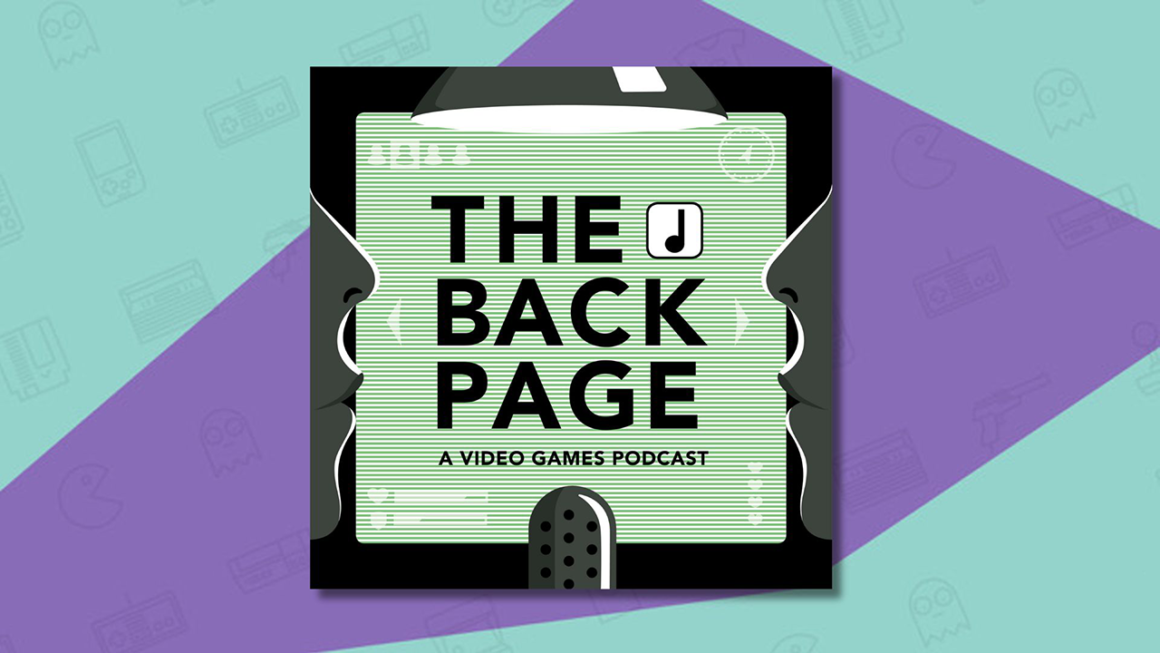
RD: Has the success of The Back Page Podcast surprised you at all? How do you feel knowing that there’s an audience of people that are nostalgic for stories from games magazines of yesteryear?
SR: I am surprised by it, and grateful for its modest success. When I ran PC Gamer, I would occasionally get annoyed by games journalists when they banged on about games journalism on Twitter, often in this very serious or philosophical way. Then I made a podcast that does that same thing on purpose – what was I thinking?
I suppose I also hoped The Back Page might recall the good parts of what people remember about magazines in the 90s and 00s, without the cursed lads mags horniness or classified ads pages.
I’m also well aware that my co-host, Matthew Castle, is one of the funniest and most intelligent people who has ever worked in games journalism, and that’s a crucial piece of why the podcast alchemy works. I’m a big ideas guy, and I understand how to execute those ideas in this magazine-like fashion where we peel back these layers across an episode.
Matthew is brilliant at articulating why a game does or doesn’t work, and he’s much better at finishing games than I am. We also have some crossover in tastes as hosts of the podcast, but the Venn diagram of our interests isn’t a circle. That means we have plenty to talk about, but crucially, we’re not the same person. Between us, the combination seems to make sense.
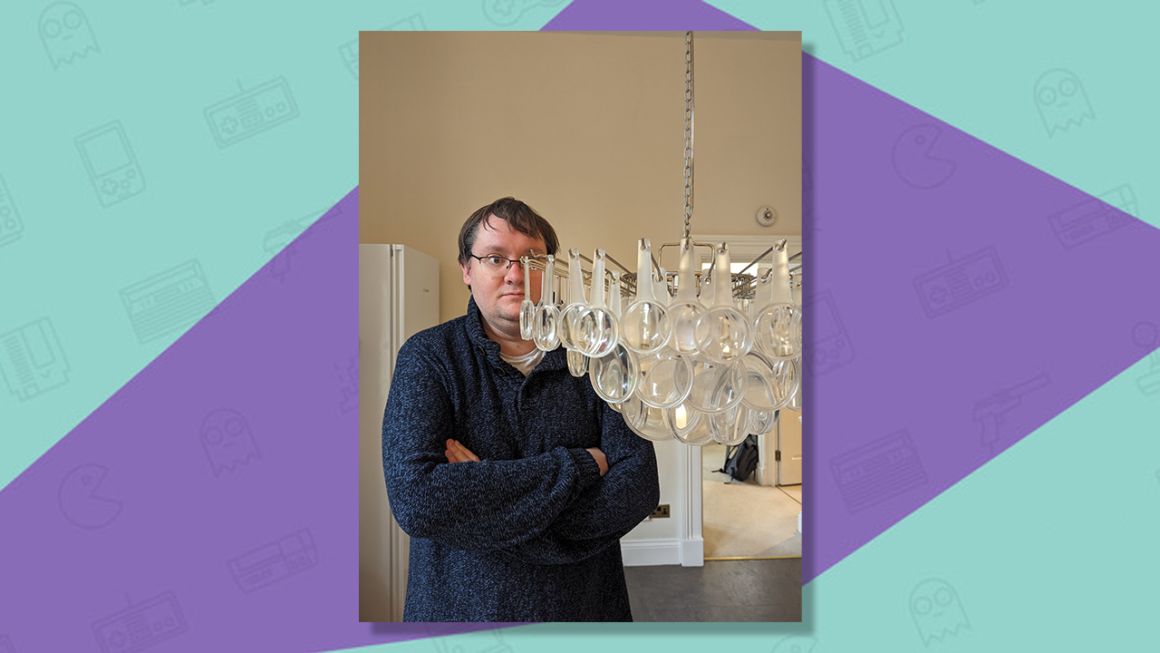
We’ve also been relatively anonymous our whole careers, and this is the first thing either of us have created that has been a success. And so we take that seriously, and apply the work ethic we gained from print media to keep our listeners engaged. People pay to support us, and the thing we make needs to be worth it.
This summer, for example, we’re going to do a top 50 or 100 Nintendo games list over two episodes as a sort of sequel list to the one Matthew and his team published in the final issue of Official Nintendo Magazine in 2014. Making an ‘event’ out of certain episodes is pure magazine thinking. I make sure one episode a month at least fits that description.
I’m also aware that audiences are fickle, and that our appeal might be finite. I’m at peace with that. There are plenty of podcasts I’ve stopped listening to for ridiculous reasons, so I’d expect other people to reach that point with us eventually. I’m quite annoying to listen to, I think. I would certainly switch me off.
I’m just grateful it’s been such a success, and that our listeners and subscribers have been so nice about us for almost four years. It’s enormously motivating!
‘An Amazing Hang’
RD: You often describe game characters as being a good or a bad hang on The Back Page Podcast. Which one game character would be your ultimate ‘good hang’ from gaming history?
SR: I think I have always wanted a Sully from Uncharted in my life. He’s an amazing hang. Sadly, as I get older and my grey hair takes over, I realise I am turning into Sully – a sort of greying sidekick with solid one-liners, surrounded by people who are younger than me. Guess I’ll work on that mustache and start smoking cigars. The rest should fall into place after that.
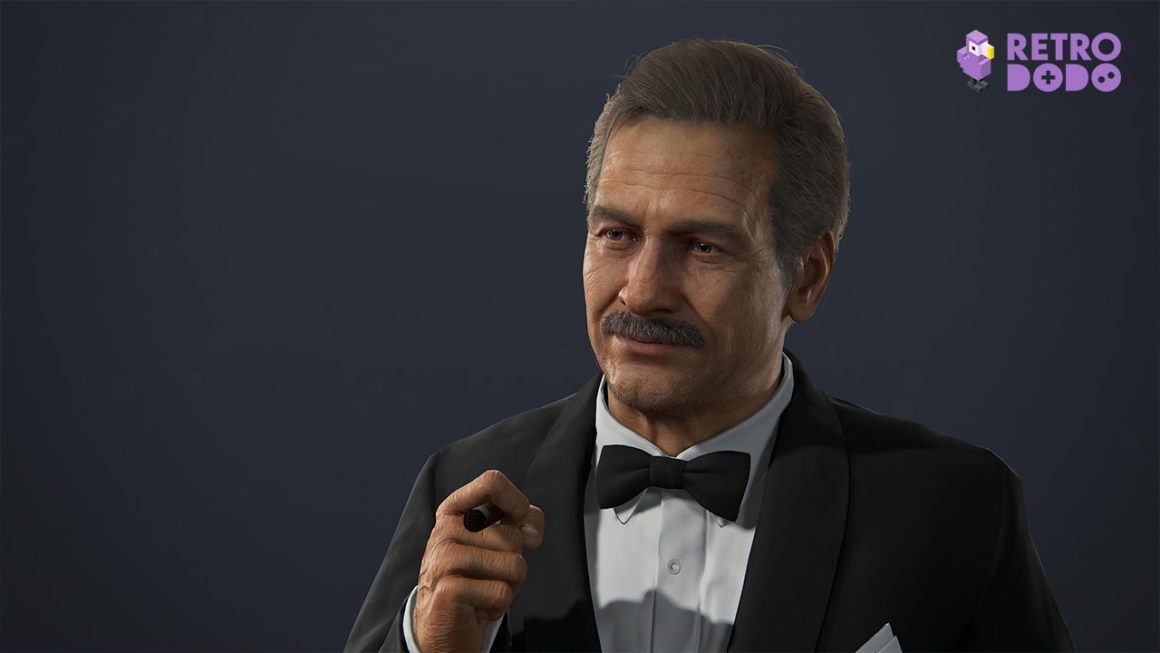
Bring It Back
RD: Nowadays, modern audiences regularly come to legacy and retro franchises through remasters and remakes. Are there any games you’d love to see remade and why?
SR: I’m a huge RTS guy and miss the genre being dominant like it was in the 90s. So I’d love to see a follow-up collection to the wonderful Command and Conquer Remastered release from a few years ago, and I can’t wait for Age of Mythology: Retold. World’s Edge are brilliant custodians of that series.
I’ve also been watching Pluto on Netflix recently, which just makes me want to see Treasure’s Astro Boy: Omega Factor on GBA revived for modern platforms. I bought it for £10 on Play.com years ago, and no longer seem to have my copy of it. I should be jailed for that.
RD: What does the future of retro gaming look like to you?
SR: I greatly appreciate how retro gaming has been sliced in all these different ways: that I can play Super Puzzle Fighter II Turbo on any modern platform in a compilation sold by Capcom, or that Evercade exists, or that the Analogue Pocket is now in constant supply, or that I can put a 21 year-old copy of Prince of Persia: The Sands of Time in my Xbox and still play it. I think the future of retro is about making that connection to the past as easy to access as possible.
Thank you to Samuel for taking the time to speak to us.
